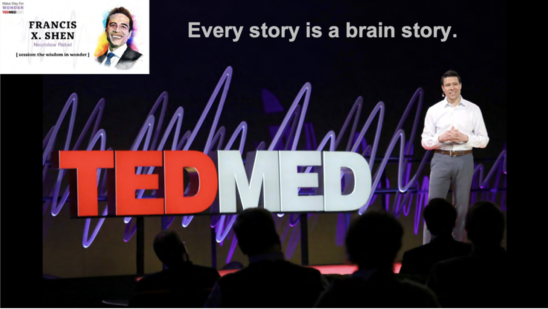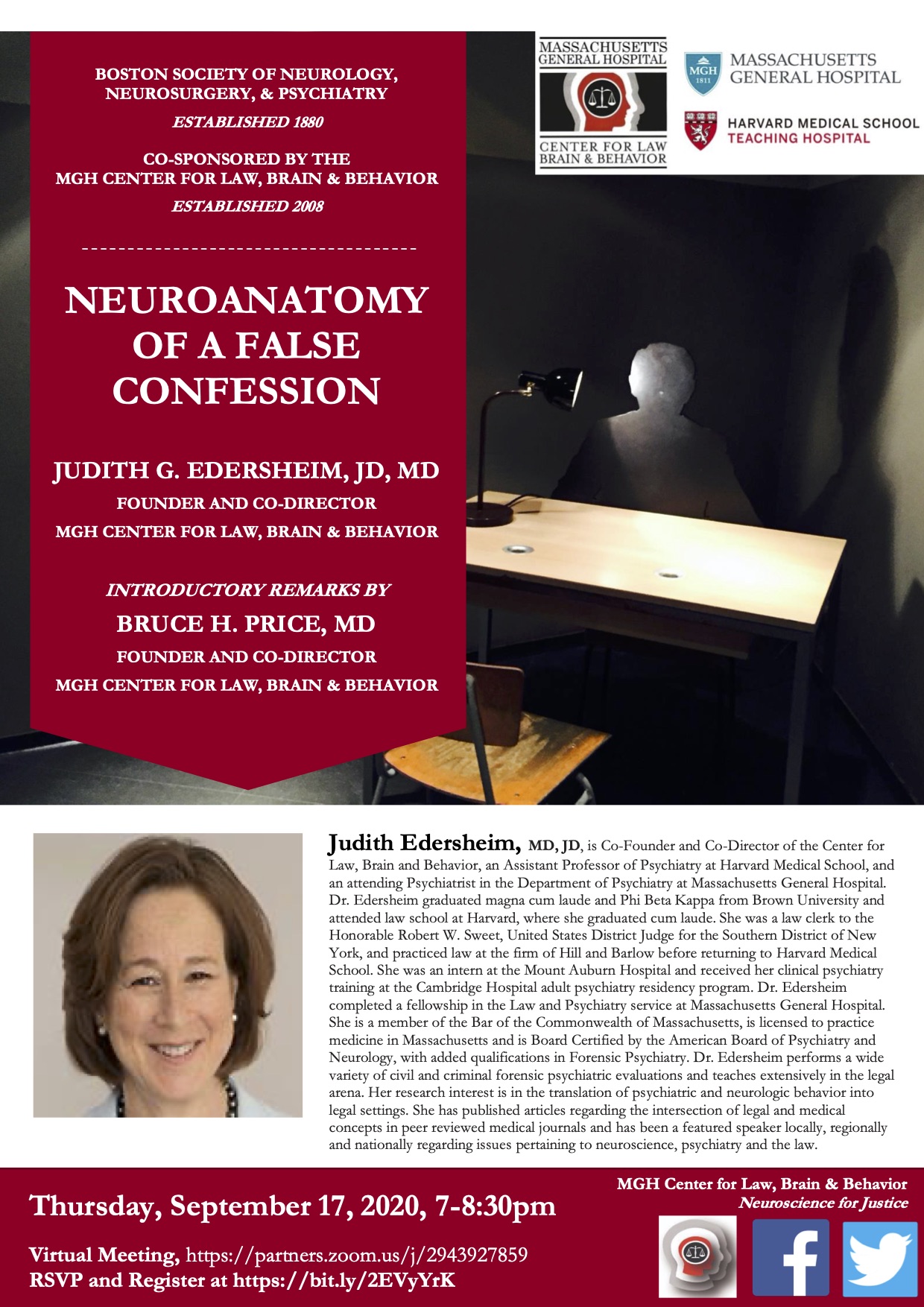Citation: People v. Price, 2017 IL App (1st) 14-3392-U
Summary: In 2012, 19-year-old defendant Jarron Price was found guilty of armed violence and sentenced to a mandatory minimum of 15 years imprisonment in the state of Illinois. Price appealed on the grounds that his sentencing violated the Eighth Amendment of the U.S. Constitution, as well as the proportionate penalties clause of the Illinois constitution. Price argued that the imposition of a 15-year minimum sentence for his crimes did not take into account the “transient signature qualities of his youth.” His counsel argued that although he was 19 at the time offense, and thus under the law considered an adult, the age of 19 is “purely arbitrary.” They argued that Price was more similar to a juvenile than an adult and that therefore Price’s age should have been taken into account when imposing his sentence.
The court denied his appeal based primarily on the grounds that unlike Miller, who was facing a life-sentence, Price’s sentence was 15 years and therefore did not fall under “most severe of all criminal penalties.” Additionally, while the court acknowledged the claim that a 19 year-old is in many ways similar to a 17-year old, the court observed that “until [the Illinois Supreme Court] addresses the application of juvenile sentencing to adult defendants, [the Court] is not at liberty to extend the rationale of Miller, Roper, Graham and Reyes to an adult defendant.” Therefore, the court upheld Price’s sentence.
Key words: Eighth Amendment, Miller v. Alabama, mandatory minimum, emerging adults, Illinois





